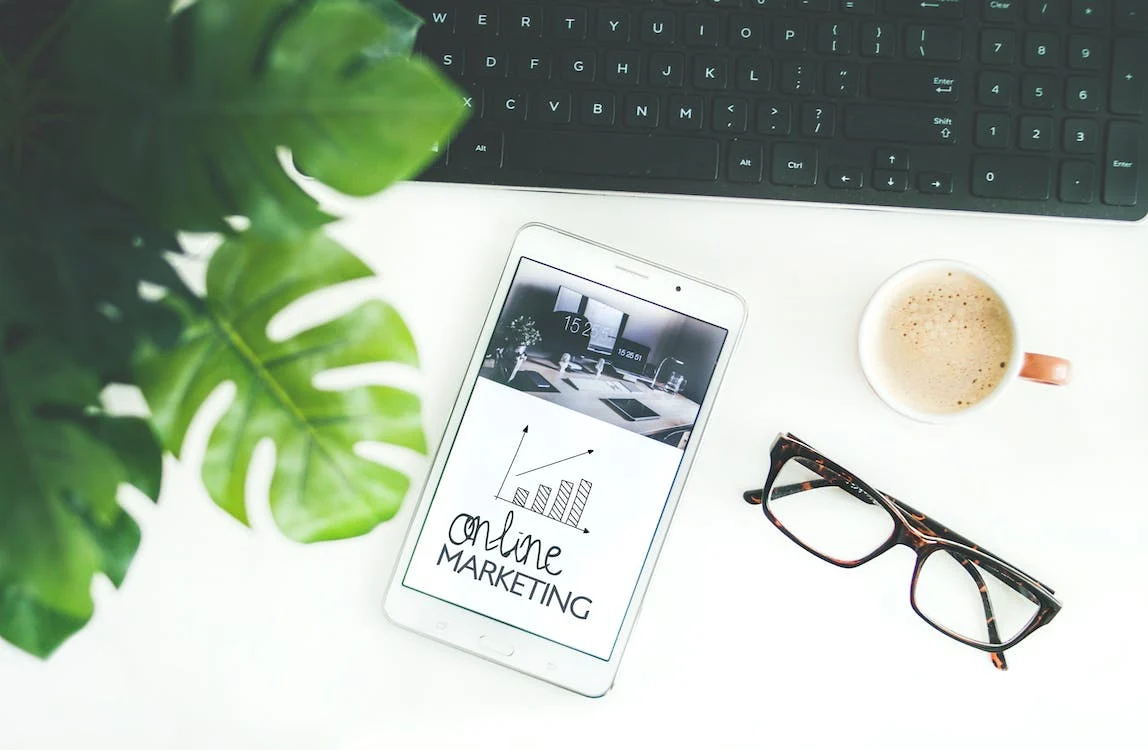Decided to boost your sales with the power of social media?
You may go different ways: hiring an expensive SMM manager to run sophisticated campaigns, commissioning a social media app development company to create a unique platform for the clients of your brand.
Yet, there are general principles to consider whichever way you choose. One of them is setting a difference between digital and social media marketing.
What is digital marketing?
Digital marketing is a parent term split into numerous subcategories, including e-mail marketing, search engine optimization, search engine marketing, pay-per-click advertising, social media marketing, etc.
Generally speaking, digital marketing comprises any marketing effort a company undertakes to sell its product and services online.
Usually, businesses use mixed types of marketing to have a substantial impact on their customers. Last year, the world spent 616 billion U.S. dollars on digital advertising. And the number is projected to grow: by 2027, the global digital advertising revenue will allegedly surpass one trillion U.S. dollars.
Yet, some companies prioritize social media marketing as the most profitable and best fitting to their business needs.
What is social media marketing?
Social media marketing, better known under the abbreviated term SMM is a type of marketing in which companies use networking platforms to speak of their brand and win new audiences.
The age of social media marketing started in 2007. It followed a range of preliminary events:
- 2006: Facebook expands from a social network of Harvard University to other establishments;
- 2006, October: Facebook reaches over 50 mln. users
- 2007, companies start creating business pages on Facebook
Interestingly, it took just four years to create the world of social media networks as we know it. From 2004 till 2008, companies like Facebook (2004), Flikr (2004), YouTube (2005), Myspace (2005), Reddit (2005), and Twitter (2006) saw the light of the day. Generally, in these short four years, most social media networks known today emerged and launched their loudest features.
Although digital marketing proved to be effective by itself, social media expanded its possibilities even further. Like Marc Zuckerberg said when he introduced the ads feature in 2006: “A completely new way of advertising online. For the last hundred years, media has been pushed out to people, but now marketers are going to be part of the conversation. And they’re going to do this by using the social graph in the same way our users do.”
That means that besides posting an ad online, a marketer also gets the privilege of reminding of their brand by being present in a customer’s newsfeed, speaking of their philosophy, and collecting real-time feedback.
Differences between social and digital marketing
Despite their kinship, social media and digital marketing differ in the way they reach their customers, the relations they build with them, and other things, mainly:
– Channels
Digital marketing uses many channels: e-mails, websites, apps, display ads, etc., while social media is restricted to networking platforms only.
– Purpose
While digital marketing aims to build brand awareness and push a product’s merits, social media marketing is more concerned with building closer relations with customers:
= sending content updates timelier, so clients are better informed of the company’s offerings
= showing care to customers through polls and feedback requests
= allowing customers closer access to the brand by sharing behind-the-scenes videos
– Conversion rates
Revenue is the best indicator of a campaign’s success, and the revenues are visible in general digital marketing practices like paid ads or e-mails. With SMM, things are more blurred: since SMM aims more at cultivating loyalty than direct sales, the ROI is more difficult to calculate.
– Time spent online
While social media marketing dwells exclusively on the internet, digital marketing efforts include video banners on streets and shopping malls or other similar advertisements.
– Demographics
Social media marketing is more appealing to younger audiences, while traditional digital marketing techniques are aimed at older people. According to HubSpot statistics, 74% of Baby Boomers prefer e-mail marketing for receiving personalized offers, compared to 64% of Millennials and 60% of Gen Z.
At the same time, prognoses promise that spending on social media ads will increase in the nearest future. For example, in 2022, 70% of online marketers planned to increase their spending on ads in social media stories, and 68% considered more investment into social media feed ads.
Alt name: Net share of marketers planning to increase their advertising budget on selected advertising formats worldwide in 2022
– Trends
Conventional digital marketing channels showcase steady and forecast growth. Social media is a fruitful place for new trends to appear. Influencer marketing is the hottest example. Since regular people started gaining big audiences on social media due to their exciting content, brand owners began approaching them with ad offers. The field proved fruitful: the global influencer marketing market value doubled in 2019. It stood at 16.4 billion U.S. dollars as of 2022. Another example is the rising popularity of short TikTok videos, humorously compared to the new black.
Summing up
The above may be generalized into two pieces of advice: if you want to go through the proven and trusted marketing channels to succeed, it’s better to stick to digital marketing; if you want to experiment with new audiences and ad types, focus on SMM. Yet, the best results will be achieved if you combine organically those ways which are best fitting your business.
Author’s bio: Anastasiia Lastovetska is a technology writer at MLSDev, a software development company that builds web & mobile app solutions from scratch. She researches the area of technology to create great content about app development, UX/UI design, tech & business consulting.
